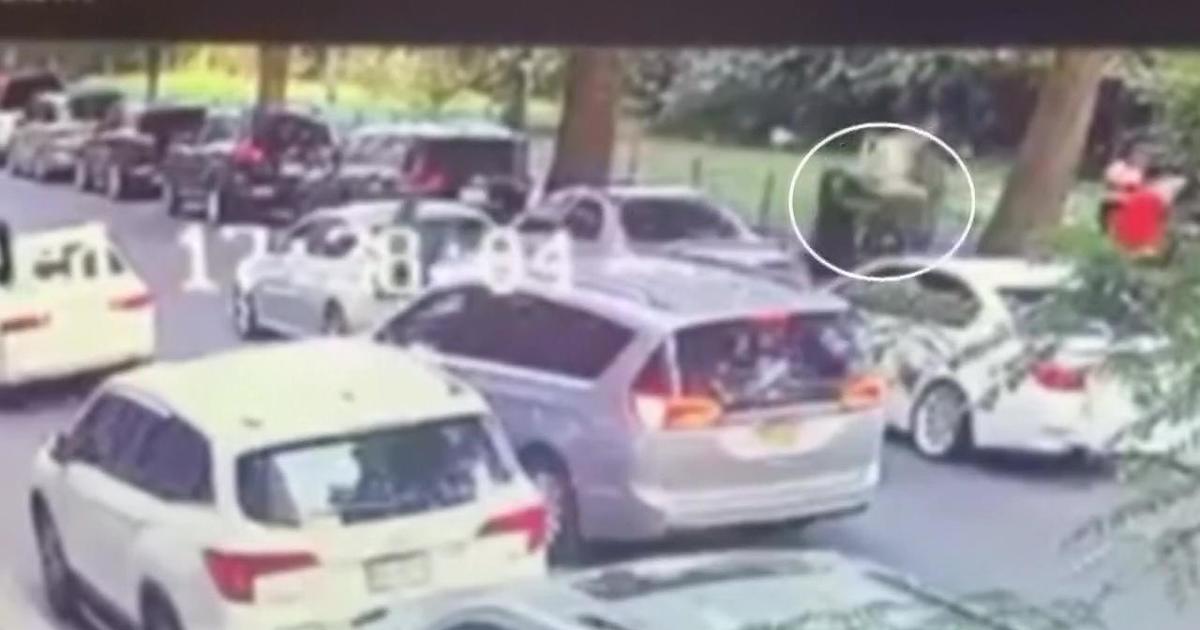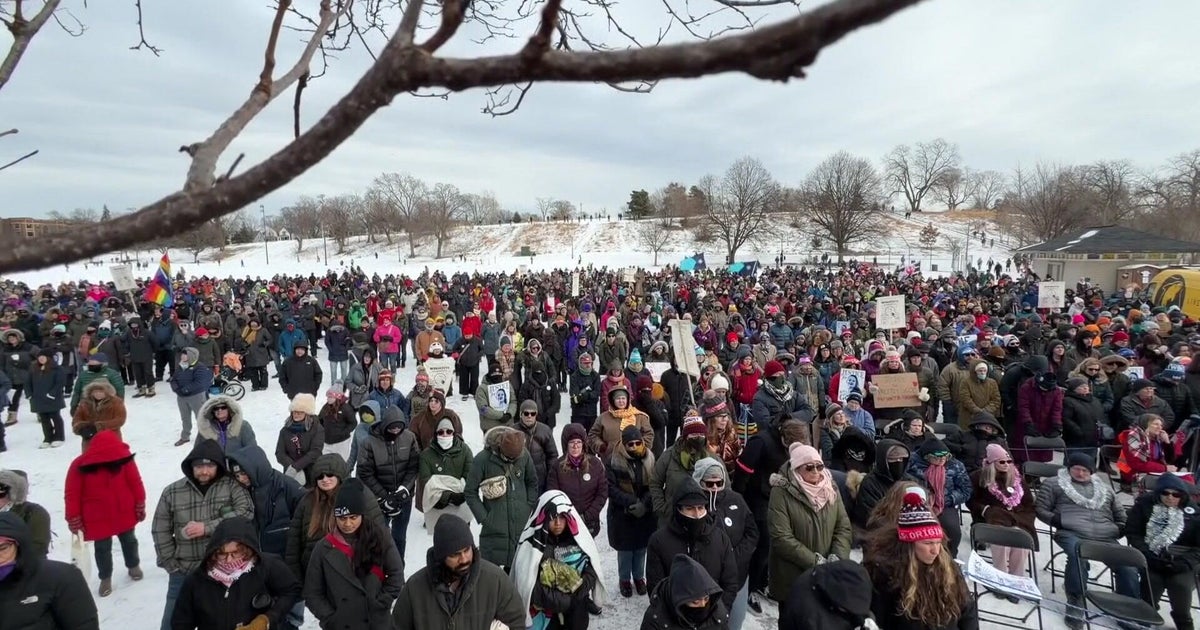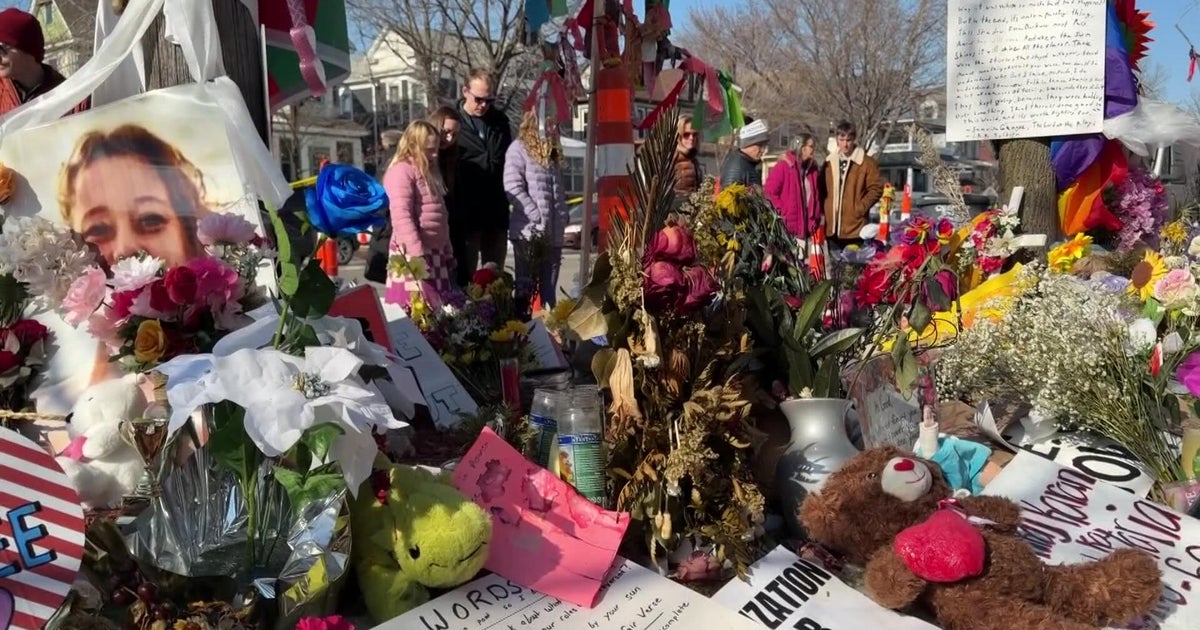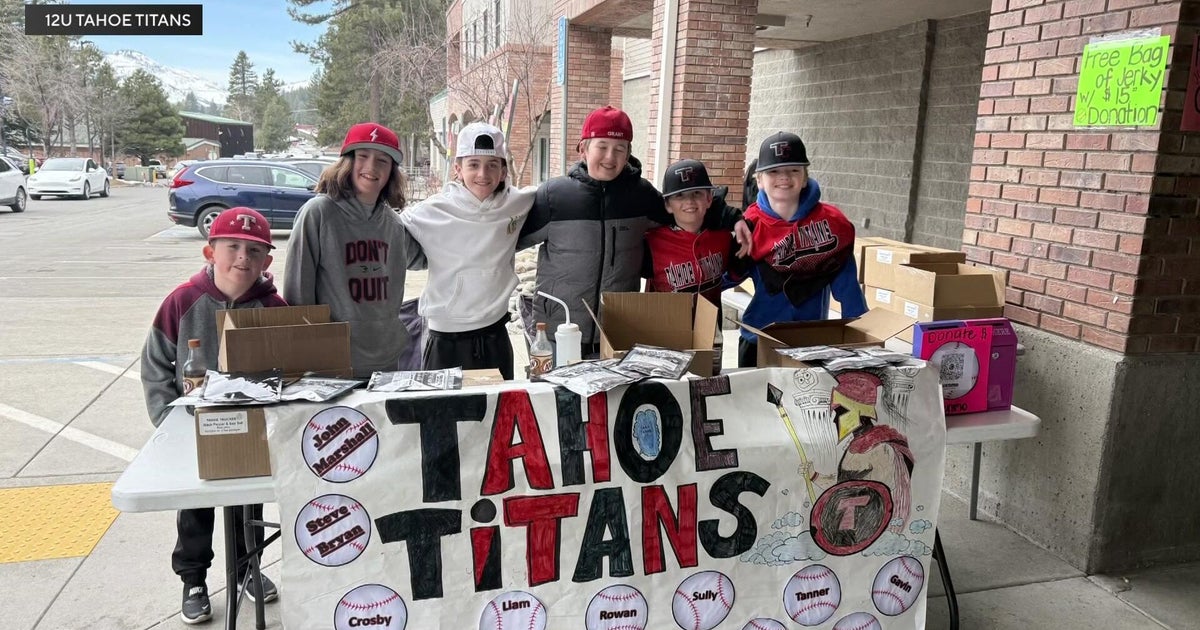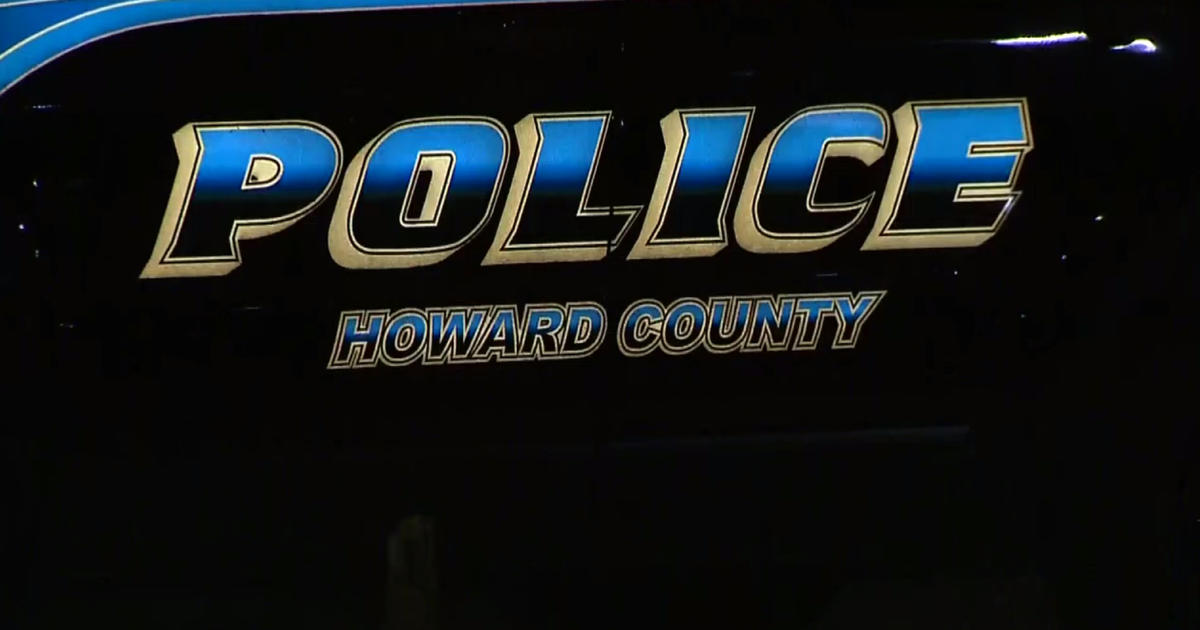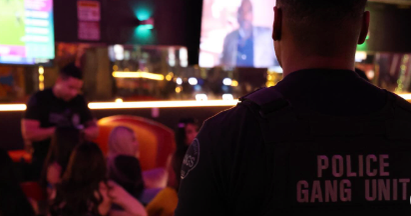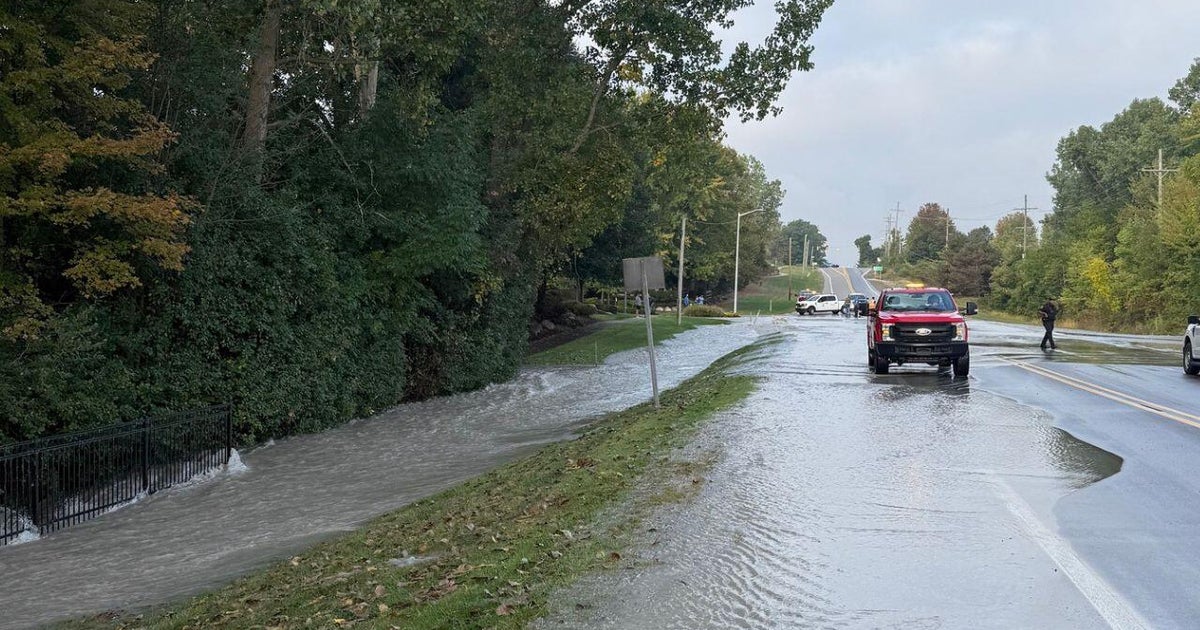Good Question: Why Don't We Remember Traumatic Events?
MINNEAPOLIS (WCCO) -- Since the car accident that took the life of his good friend, comedian Tracy Morgan spoke publicly for the first time on NBC's Today Show. Morgan has spent the past year recovering from broken bones and serious brain injuries. He also said he didn't remember anything about the crash.
So, why don't we remember traumatic events? Good Question.
"I think it all depends on the kind of trauma that we're talking about," said Dr. Lauren Fogel, a psychologist with Allina Health.
She says each case is different. While some people can remember everything, others might get flashbacks and some have no memories of the traumatic event at all. Memory loss can also happen with or without brain injuries.
In college, Sammy Mukherje of Minneapolis, was in a motorcycle accident followed by a coma. The last thing he remembers is weaving in and out of traffic.
"Close to 20 years ago and up until this day, I don't really remember what happened," Mukherje said.
According to Dr. Fogel, a traumatic brain injury can affect memory processing, memory encoding or memory retrieval, but, in cases without injury, memory loss could be a symptom of dissociation.
"Dissociation is a form of freezing. We often heard the term flight or fight response. There's a third, less well-known called the freeze response," she said. "It's an automatic mechanism the body goes into without conscious thought."
Research shows people in traumatic situations can concentrate so much on surviving that they don't pay attention to the part of the brain that consolidates memories. Dr. Fogel says it's similar to a shutdown of parts of our brain.
"The body is doing everything it can to survive and protect itself and sometimes if we are too much in our heads, then we are not able to do what we need to do to survive," she said.
